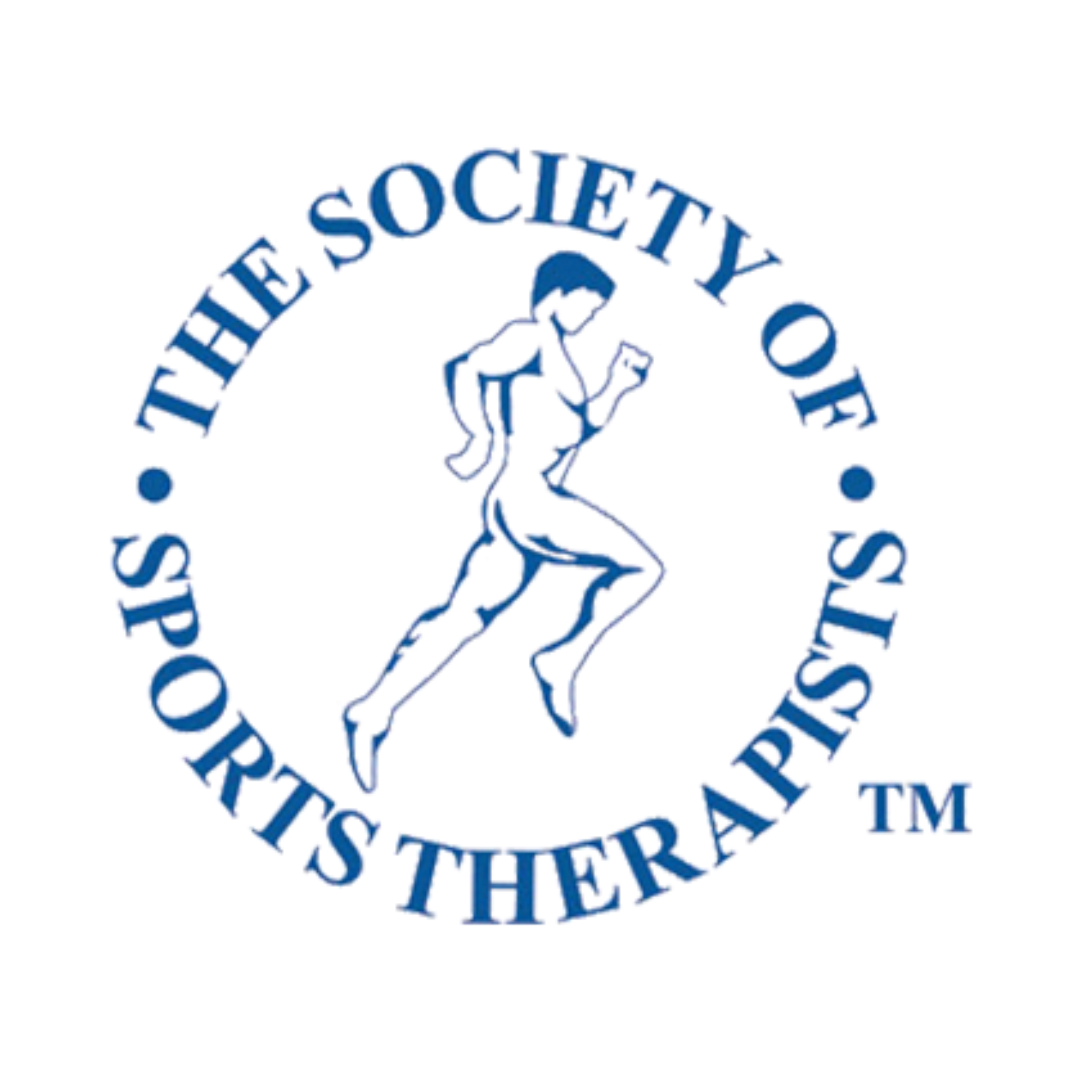Session spotlight: Should the massage industry be regulated? With Yvonne Blake
)
Yvonne studied holistic therapy before becoming a Sports Massage Therapist in 1999. She subsequently completed a Degree and Master’s in Sports Therapy at the University of Central Lancashire in 2011 and 2013. Being a fitness fanatic, she has also trained as a personal trainer, CrossFit coach and Pilates instructor, and holds the role of mobility specialist in her local CrossFit gym.
Yvonne has taught sports massage for many years in further education, both in colleges and universities. She was a Senior External Verifier for VTCT for several years and has been involved in writing sports massage qualifications. She still practices sports therapy in her busy practice, specialising in working with CrossFit and strongmen athletes.
Having been a board director of the Sports Massage Association (SMA) since 2014 and the Chairperson since 2022, Yvonne presented at Therapy Expo 2024 around the contentious topic of regulation within the massage industry.
What would regulation look like?
Yvonne began by outlining just how complex an issue the regulation of the massage therapy sector is, with options such as chartership and licensing offering distinct approaches. Chartership, a voluntary form of regulation, applies only to members of specific professional bodies like the Sports Massage Association (SMA). Whilst it does encourage professionalism within these groups, it may not have a significant enough impact on the sector. In contrast, licensing requires practitioners to register with a regulatory body, ensuring they meet minimum standards of training and continue their professional development. This not only helps maintain high standards of care but also ensures public protection and accountability.
What does regulation look like internationally?
Internationally, Yvonne explained, approaches to regulation vary. In the United States, licensing is state-specific, with practitioners required to pass exams and meet ongoing education requirements. Similarly, in Canada and Australia, certain provinces and states impose strict educational standards - although Australia’s ‘negative licensing’ system focuses more on responding to complaints than proactively preventing issues. Countries like Germany and China treat massage therapy as a medical practice, requiring extensive training, with Germany mandating a specific number of education hours, and China retaining focus on TCM (Traditional Chinese Medicine). In Japan, however, massage remains largely recreational, with a three-year training program but no formal regulatory system.
What are the potential benefits of regulation?
The benefits of regulation are clear. Yvonne explains how it would help to ensure that practitioners are properly trained, reducing the risk of malpractice and ensuring competence and accountability within the profession. Regulation would also help to elevate the status of massage therapy, positioning it as a legitimate healthcare profession and distancing it from historically negative stereotypes and connotations.
…and the challenges?
Yvonne also explained the various challenges that could be presented. The costs associated with licensing, insurance, and compliance can be problematic for small practitioners, whilst tighter requirements may exclude those with non-traditional qualifications. Furthermore, bureaucratic hurdles can make regulatory compliance time-consuming and restrictive, particularly for independent therapists.
Further to this, sector-wide issues such as qualifications, associations, and continued professional development (CPD) need to be addressed. The rise of low-quality online courses and unregulated certifications raises concerns about safety, with some professional associations potentially accrediting substandard courses. With such a potential variance in the quality of CPD being delivered, regulation would necessitate a focus on competency rather than just attendance.
Yvonne concluded by stating that, whilst massage therapists possess skills parallel to those of physiotherapists, they often lack NHS recognition due to the absence of regulation. A formal regulatory framework would contribute to greater integration into the healthcare system and a reduction in stigma.
Moving forward, options for reform include licensing, which offers consistency across the sector, or chartership, which, while beneficial for specific groups, may not address the broader issues. In short, any regulatory change must strike a balance, ensuring accessibility and benefiting both practitioners and clients.
Watch the full session recording below:
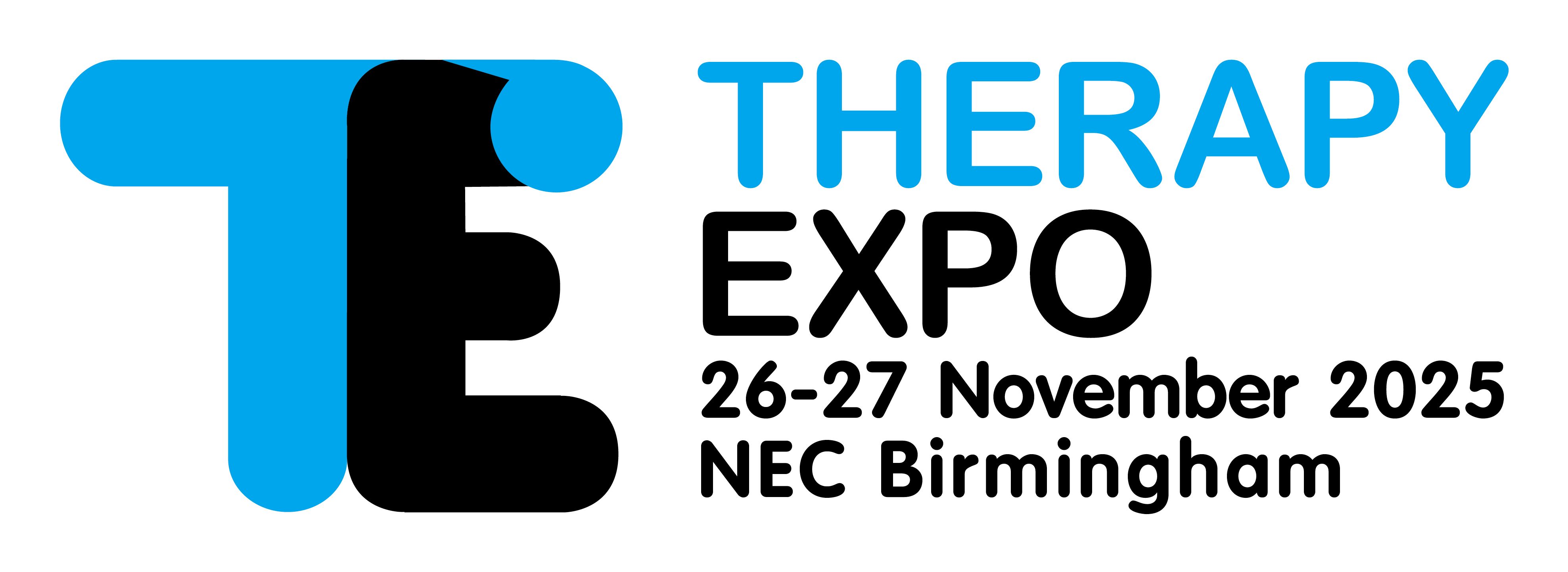
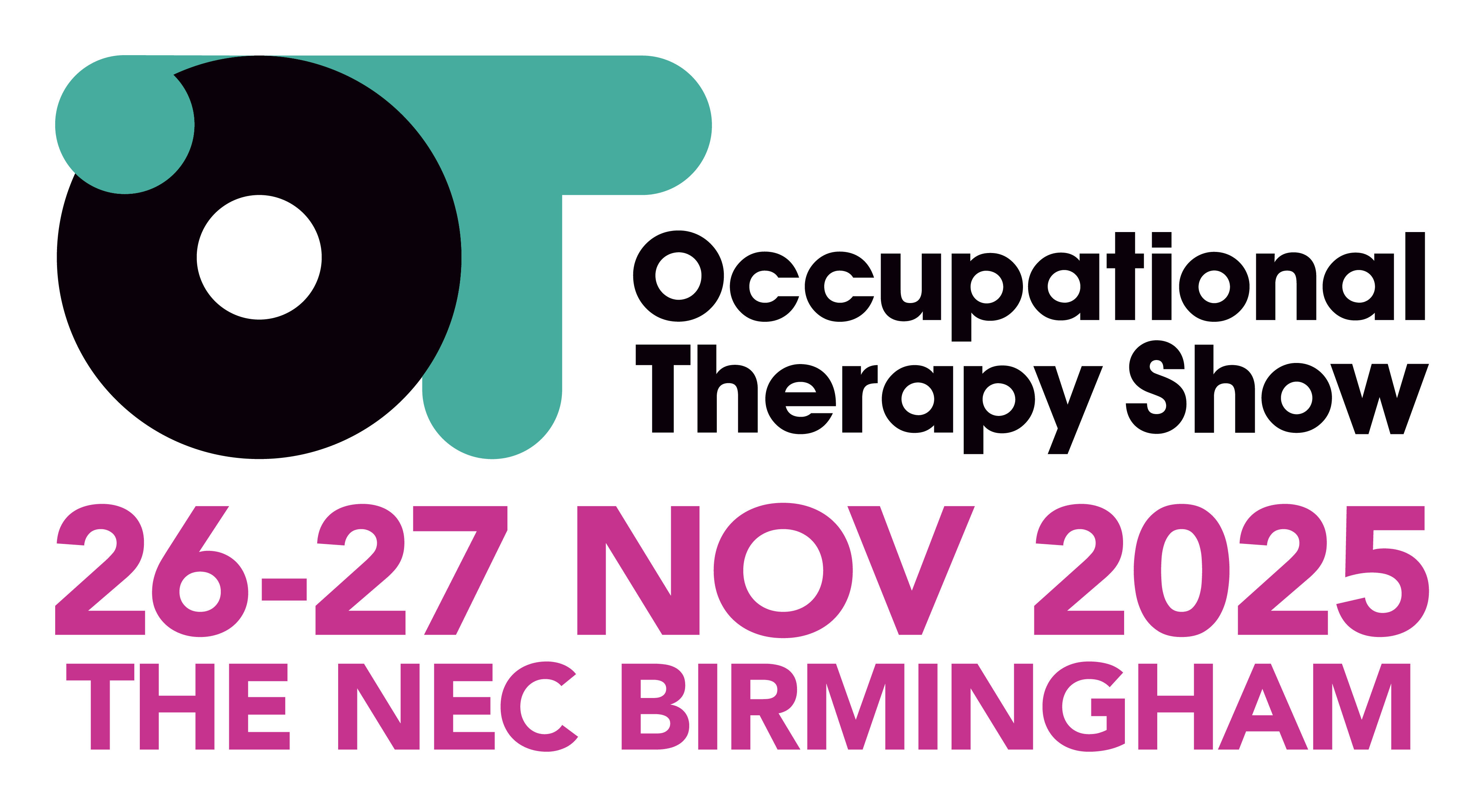

.png)
.png)

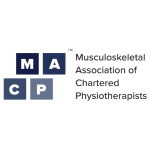



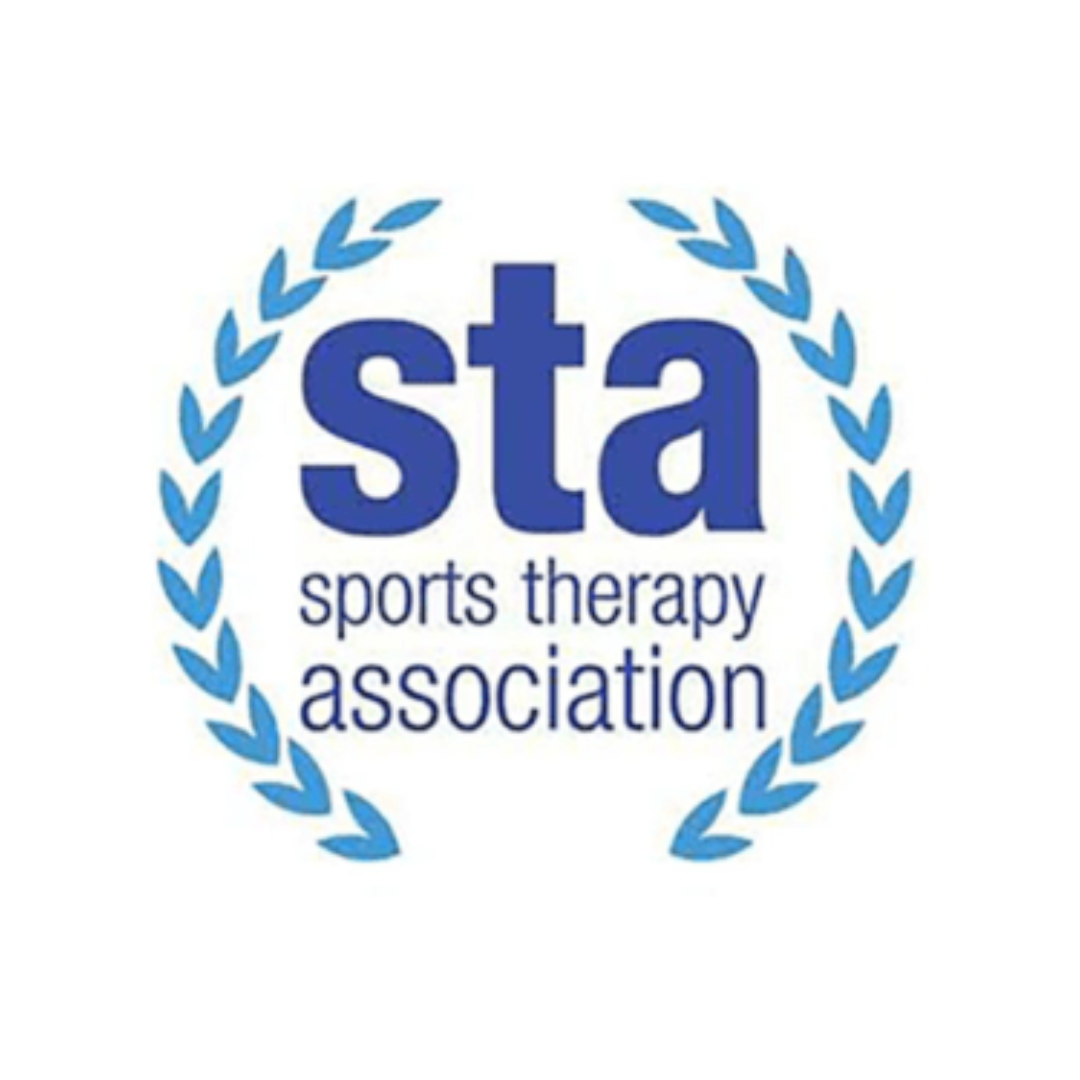

.png)
